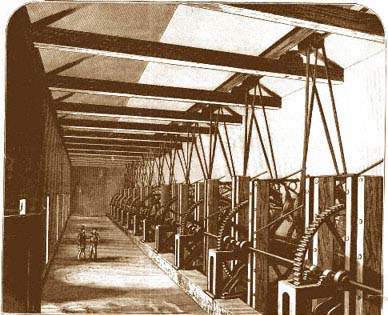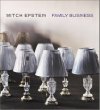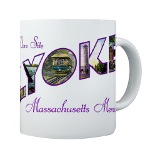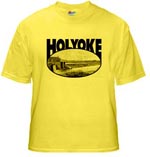by Laurel | February 21st, 2013
17 January 1904
Twenty years ago Holyoke mills were considered by many young men out of school, or otherwise disposed to master a manufacturing business, as training schools for their chosen work in life. The paper mills were the goal of dozens of bright, energetic young men. Some of them stuck to it and endured the four years hard work that was wand is necessary for a thorough understanding of the business. A greater part gave it up. Today the chance is not as open as it was, and an official of the American Writing Paper Company said this week that it was much more difficult to get into the mills, for the reason that so few persevered and that it was a considerable bother to look after them. Foreigners also, notably Germans, have in the past few years spent more or less time at the mills and gone back to the fatherland better equipped to take charge of the business in which they were interested. At the present time there are few, if any, known to be learning. The Whiting paper company, that used to have many, has not one today. It is understood, moreover, to be the policy of the paper mills to discourage such, possibly with an eye to the development of future export trade.
Along in the last of the 1870’s and early 1880’s a number of Chinese boys attended school in Holyoke and several received more or less training in the mills. There have been from time to time also more or less Japanese. One was at the Crocker Mill about 20 years ago, and was a “star.” He had rooms at the Holyoke House and worked without recompense of any kind in the rag-room, at the beating-engines, and the mysterious “Jordan,” and on the “machine.” He spent a couple of years or so, and then calmly, without turning a hair, bought an entire paper mill outfit — Fourdrinier, beating-engines, bleach boiler, shafting, etc. — and had it shipped to Japan, where he had it set up, and it is said, is running successfully today.
The best superintendents in the business are those who have been trained by the ritual of actual experience on the machine. But the hours are long and the work not easy; and a good many of those who have started end their career rather suddenly like the young man who worked just one entire day and gave it up because the job was “wet and nasty.” Others give it up because they can’t have their evenings, being obliged a good deal of the time to work nights. Old paper mill men shake their heads when confronted with the diminishing number of young men who are learning the business, and say that in 20 years there will be a dearth of good paper mill superintendents.
Another prosperous training school was in the various machine shops of the city, particularly in the earlier days when there was less of the specialization than today. There were often two classes of workmen in the ship; the men who were learning the business and who generally, in consideration of that fact, were paid a lower wage than the others who were put to work upon one machine and kept there. Many a man has lived to regret that he did not accept the lower wage and learn the running of many machines. The man who was mastering a lathe or a planer had his wages higher to start with, and he was generally advanced faster. But he soon reached his maximum, while the men who were learning the business, and learned it thoroughly, were the ones from whom foremen and superintendents of other shops (if not the one in which the business was learned) were drawn. Some of the early shops of Holyoke in which this was done were the Holyoke Machine Company and G. H. Deane & Co., later the Deane Steam Pump Company, Today there are said to be scarcely a half dozen who are learning the trade in the old way. The same might be said of the textile mills, silk mills and other industries.
Another department of the great industrial school that Holyoke once practically stood for was in the offices of the Holyoke Water-Power Company, where the young civil and hydraulic engineering graduates, fresh from the schools, would learn practical matters of inestimable value to their work in later life. There were generally from six to eight men in the engineering department and they were taught, as they are today, to measure water, how the supply in the canals was regulated, and made to do a good big quantity of routine work. They obtained knowledge as to hydraulic power and how measured and used in the mills, and in addition in the testing ilume of the Holyoke Water-Power Company worked out many problems in hydraulics and the obtaining of the maximum power from water. There were among the number in the last 20 or 30 years John Cook, who afterward became engineer of the “Society of Useful Manufactures” at Paterson, N.J., said to be the oldest water-power developed in he United States; J. Waldo Smith, engineer of the big aqueduct commission of New York city; Wallace C. Johnson, who married the daughter of Dr. Daniel Murlless and who is engineer of the magnificent water-power at Shawinigin Falls, Canada, which is today transferring 6000 horsepower electrically at a potential of 50,000 volts to Montreal; Reuben Shireffs, who was in the various companies and now connected with the Metropolitan Water Board of Boston, and many others who might be mentioned. The late E. S. Waters was at the head of the hydraulic department many years. Since his death the charge of the department has been put in the hands of A. F. Sickman.
Adapted from The Springfield Republican.









